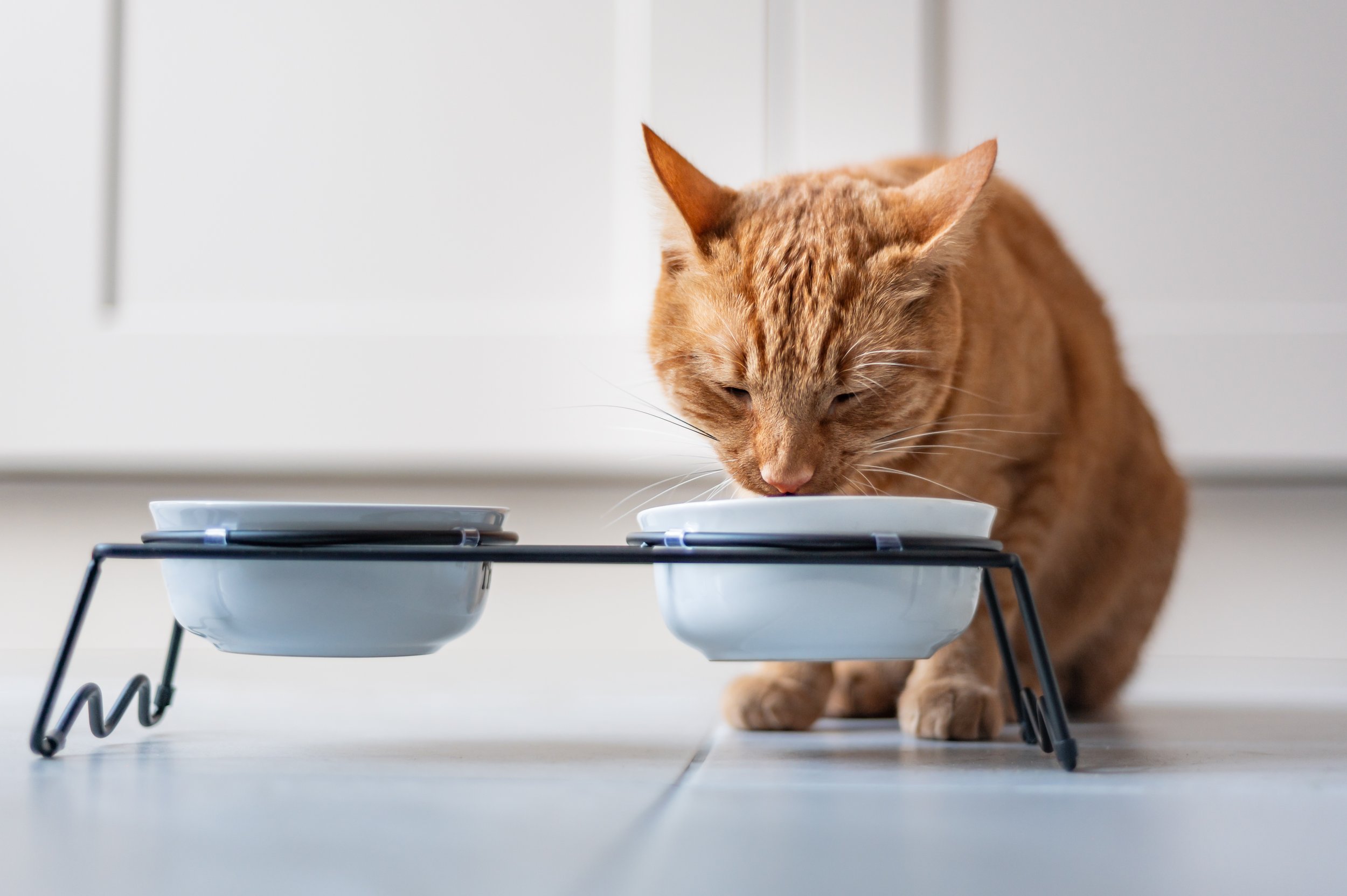Helping Your Pet Shed Those Extra Pounds
According to the Association of Pet Obesity Prevention, 39% of dog owners believe their pet is overweight while 45% of cat owners believe their cat is overweight. Managing your pet’s weight is key to ensuring that they may live a long and healthy life. While each pet is unique and you should consult your vet for a specific plan, here are a few ways you can help your pets shed those pounds and keep them off.
Do Not Overfeed
Overfeeding is one of the most common ways that your pet can become overweight. Just like humans, your pet needs to receive the correct amount of nutrients, minerals, and vitamins from their food while not overdoing it. Make sure that your pet is getting the correct amount of food, as directed by your veterinarian.
An important factor in making sure that you are not overfeeding is checking to see if your pet is being fed the correct food. If they are still growing, they need a food with proper nutrients to help them grow such as a puppy or kitten food. However, if your pet is older, they may need an adult food that will have fewer calories. These foods are labeled as a “maintenance” food.
Exercise More Often
Increasing the amount of exercise that your pet is getting everyday may help lead to weight loss for your pet. If your pet is not used to exercise, you do not want to immediately start running in 5k’s. Small changes, like adding an extra 10 mins in your walk every day, can help build strength and burn extra calories.
While that may seem simple for dogs, cats pose an interesting dilemma when increasing exercise. Simple indoor solutions like moving their food to a location that is further away can burn more calories. Enrichment toys that make eating a fun game increase the amount of energy it takes for them to get the food thus helping maintain their weight.
Reduce Table Scraps
Who isn’t guilty of giving an extra treat from the table occasionally? One of the quickest ways to prevent your pet from becoming overweight though is by no longer giving them scraps from the table and limiting the amount of treats they eat. Animal’s caloric measurements are not the same as humans and a few calories here and there can add up quickly. Try breaking up treats into smaller pieces so you can spread out the amount of calories they are eating at one time.
Consult Your Vet
It is always best to consult with your veterinarian to evaluate if your pet is getting the proper nutrition it needs. Your veterinarian should evaluate any health factors that may play into their weight by doing a full exam. There may be times where your pet needs to be put on a specialized diet to control their weight and that advice is best coming from a trusted veterinarian.
Sources:
https://petobesityprevention.org/2021
https://www.petmd.com/dog/centers/nutrition/evr_multi_feed-your-pet-with-love-not-excess-food























